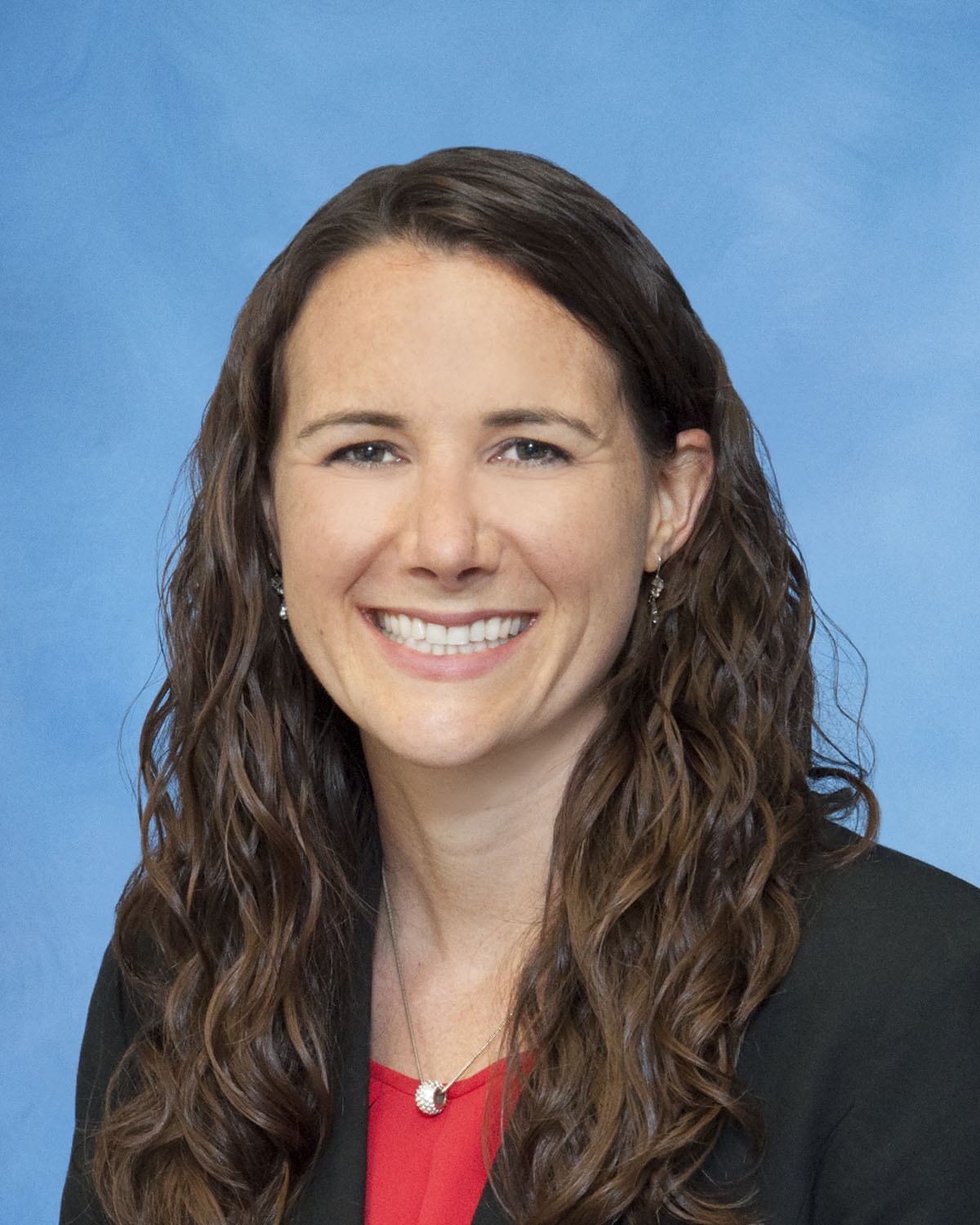 When did you graduate from the UAB Urology residency program?
When did you graduate from the UAB Urology residency program?I graduated in 2015.
Where are you now?
Ann Arbor, Michigan
What made you decide to be a urologist?
My grandfather battled with prostate cancer for 20 years before succumbing to it right before I started medical school. After that, I initially intended to go into urologic oncology to help men and families facing a similar diagnosis. But during residency, I found myself drawn to the pediatric population, and in particular those patients with physical disabilities such as spina bifida. My mom is a physical therapist with a passion for helping patients with physical disabilities and growing up I spent a lot of time in her office. I didn’t realize the impact that had on me until I got to residency.
What is your current practice and how did you choose to practice this area of urology?
I am currently completing my third year of a combined pediatric urology and health services research fellowship at the University of Michigan. My research is focused on transitions of care for patients with spina bifida and I am also working to create a transitional care clinic here (but we have a long way to go to catch up with UAB’s spina bifida clinic!). I am particularly passionate about helping these patients get the sexual and reproductive health care and education they need.
What aspect of your time at UAB do you believe was most valuable as you started your career?
UAB gets some of the craziest and most extreme pathology, which has been immensely helpful when I think about how I will evaluate and treat a patient with an unusual presentation or advanced disease. So far I haven’t seen anything I hadn’t seen before in residency.
Did you have a particular mentor while at UAB? If so, why were they a good mentor?
During every case, at some point I always tell the resident, “when I was resident, I had an attending who…” I’ve truly learned so much from each attending and have incorporated what they do into my own practice. I am so grateful to all of the faculty for all they taught me. I am sure Dr. Joseph thought he’d be done with me when I moved to the great white north, but I still call and email him for advice. He patiently taught me operative skills, encouraged me both clinically and in research, gave thoughtful advice and feedback, always made time to meet (which he still does), and was always ready with a witty comment at just the right time. He also taught me that much of the healing we can do as physicians comes not from what we do in the OR, but from how we care for patients and families through our words and interactions.
Give one piece of advice for current residents.
Drink lots of O’Henrys coffee. Eat as much Saws as possible. And salted chocolate chip cookies from Woodlawn Cycle. Walk outside between the OR and floor when you can—the sunshine helps. Make time to hang out with your coresidents and be there for them. And keep a journal. Draw out and write down the steps of every surgery with the different attendings. Remember the details. Write down new observations you make each time. Write down what you learn from intra-op and post-op complications. Write down new things you learn during conferences. One of my high school teachers used to always say “you are responsible for your own education.” I used to think that was bogus, but it couldn’t be more true. These 5 years are so hard and can seem so very long, but I promise they will end. And the details of procedures you used to do all the time will become hazy very quickly. This is the only time you have when so many experts are focused on teaching you all aspects of urology—you will need that knowledge at some point, so make the most of your time now.
What do you like to do in your free time?
My husband and I love to explore—backpacking, kayaking, traveling, generally trying anything new, and brining our dog along whenever possible. I also love to run, but with the way this winter is going, I may have to take up cross-country skiing instead.